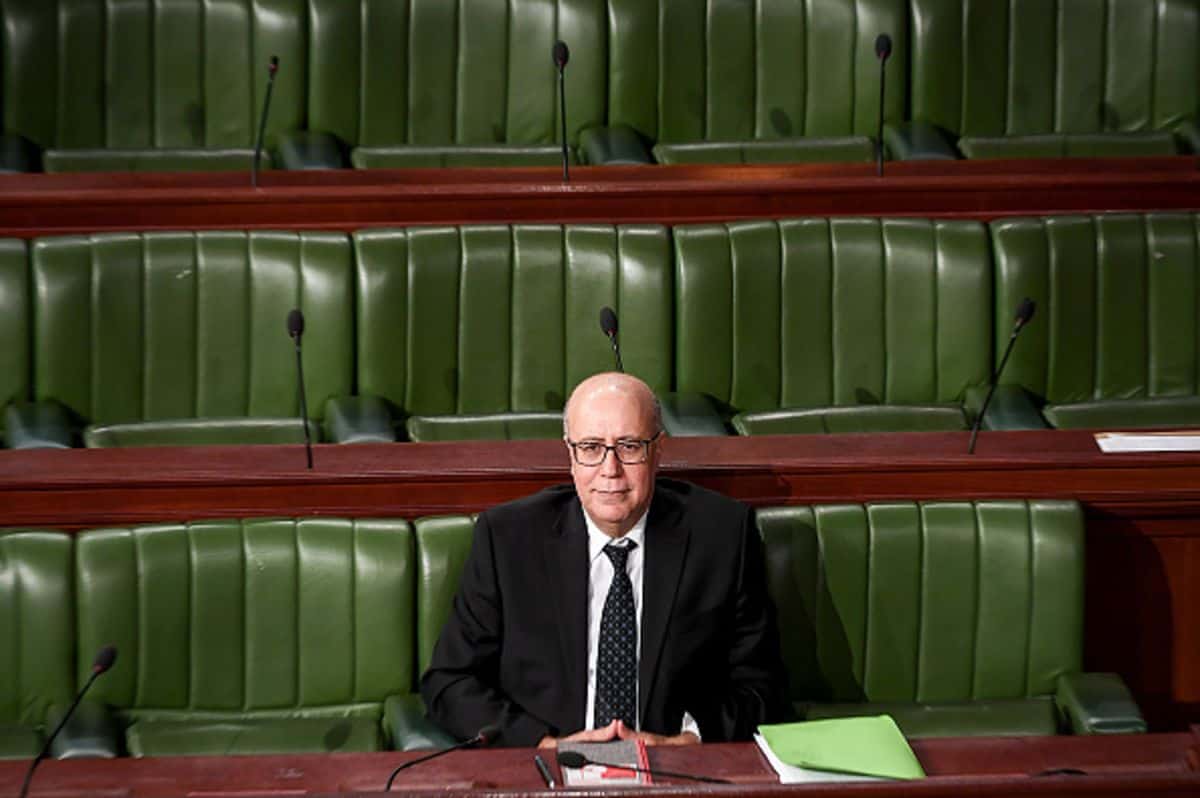-
Tunisia is struggling to pay off its debts and balance its budget
-
The country is in discussions with the IMF for a new multi-year loan
The governor of the Tunisian Central Bank Marouane Abassi on Friday made an impassioned appeal to the country’s parliament to back his proposal to seek a $4 billion loan from the International Monetary Fund (IMF), to keep the country’s economy afloat.
The governor, speaking in the parliament, said that there was no other solution for Tunisia than to turn to the IMF to balance its budget, warning that appealing to its establishment would lead to a spiral of inflation.
Tunisia, which is struggling to pay off its debts and balance its budget, is in discussions with the IMF for a new multi-year loan in return for socially difficult reforms designed to clean up its finances. The reforms call for reducing subsidies for basic necessities, acting on the state payroll, which employs 680,000 people in a country of 12 million people, restructuring the many public enterprises and reducing prior authorizations for investments.
“If we do not negotiate with the IMF, no one will agree” to provide Tunisia with the external financing it needs, warned Mr. Abassi during a hearing in Parliament, while calls are multiplying not to take out a fourth loan in ten years with the IMF.
“The Central Bank is not ready to open the floodgates to finance the budget, because within four months we would find ourselves with triple-digit inflation,” warned Mr. Abassi, giving “the example of Venezuela” where hyperinflation has accentuated the social crisis. Discussions with the IMF should continue for at least three weeks, he said.
The country’s Prime Minister Hichem Mechichi said at the beginning of May that his government would approach the multilateral lender for a 4 billion dollar loan, calling it a ‘last opportunity’ to save the economy. The Minister of Economy Ali Kooli detailed to MPs the main reforms discussed with the international body based in Washington.
After years of economic gloom and short-term management, the Covid-19 pandemic has brought the small North African country to its knees: its foreign debt has reached the symbolic 100 billion dinar mark (about 30 billion Euros), i.e., 100% of the gross domestic product.







